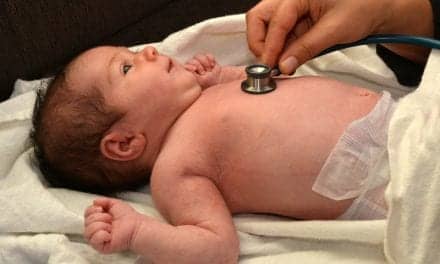A recently published commentary in The Lancet Respiratory Medicine reviews challenging questions about the rationing of extracorporeal membrane oxygenation (ECMO) during the coronavirus crisis.
Experts have recommended that ECMO be curtailed or even halted when patient numbers surpass an ill defined threshold, wherein demand for critical care outstrips available resources. It might seem counterintuitive to reduce the provision of ECMO at precisely the time when demand increases, yet it could be deemed necessary. In this Comment, we argue that a decision to curtail or continue ECMO should be deliberate and reasoned, such that alternatives are actively rejected.
According to a large German registry, approximately 17% of patients with COVID-19 treated in hospital during the first few months of the pandemic required mechanical ventilation and 1% received ECMO. Both modalities are complex and can entail a prolonged ICU stay; however, the resource intensity of ECMO is typically higher, especially with respect to ICU staffing. Therefore, if ICU staff are the primary scarce resource, cessation of an ECMO program might result in more patients being treated. However, if it is not staff that are scarce, but mechanical ventilators or ICU beds, the same might not hold true.
Under crisis standards of care, with an overwhelming number of patients competing for a scarce resource (eg, mechanical ventilation or ECMO), a thorough comparative assessment of individual risks and prognosis will be challenging. Therefore, final allocation decisions and commitment to the degree to which ECMO services can be provided require careful assessment of the specific resources that are scarce, the (additional) resources required for ECMO at a given centre, and the effect on other patients of choosing to offer ECMO to a specific patient in this environment.










